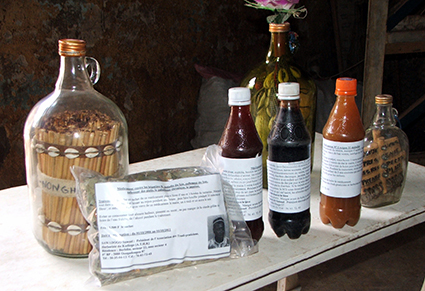Medical Sociology

My PhD research was completed at the MRC Medical Sociology Unit, then affiliated with the University of Aberdeen in Scotland. While this was a specific study of the training of health visitors (public health nurses), the experience introduced me to a wide range of issues in work, interaction and organizations. These have continued to feature throughout other career moves. The PhD was modelled on the interactionist studies of health professional education by Howard Becker and his colleagues in Boys in White (1961) and, more directly, on the work of Virginia Olesen and Elvi Whittaker in The Silent Dialogue (1968). It continued their move away from a focus on the internalization of professional skills and values to examine competence as the outcome of faculty recognition of student performance. This began an engagement with research on nursing and other allied health professions, particularly pharmacy, which continued for many years.
While in Aberdeen, I also wrote my first book, Aspects of Illness (1977), which suggested that sociologists should think about illness as some kind of deviance that was controlled by the actions of occupational groups who were licensed for that purpose. This interest was fed by my later work in the sociology of law and the comparative study of different systems by which challenges to order were resolved and stabilized.
Much of my research in Oxford and Nottingham explored the spaces where medicine and law came together – and is outlined on the sociology of law page. However, there were opportunities for ethnographic work in Accident and Emergency Departments, on the ethics and urban myths around organ donation, images of parenthood in the UK and Japan, and on medical information systems. I was also able to supervise a number of PhD theses using conversation analysis to study interactions between health professionals and their patients, clients or service users. More recently, I have been particularly interested in the detection and management of public health emergencies like heatwaves and pandemics.
Sample Publications
‘The certification of competence: assessment in occupational socialization’, Urban Life, 1986, 15; 3/4: 367-93.
(R. Dingwall and T. Murray) ‘Categorization in accident departments: “good” patients, “bad” patients and “children”’, Sociology of Health and Illness, 1983, 5; 2: 127-48.
(D. Hughes and R. Dingwall) ‘Sir Henry Maine, Joseph Stalin and the reorganization of the National Health Service’, Journal of Social Welfare Law, 1990: 296309.
(R Dingwall, H. Tanaka and S. Minamikata) ‘Images of parenthood in the United Kingdom and Japan’, Sociology, 1991, 25; 3: 42346.
‘Contemporary legends, rumours and collective behaviour: some neglected resources for medical sociology?’, Sociology of Health and Illness 2001, 23; 2: 180202.
(R. Dingwall and D. Allen) ‘The implications of healthcare reforms for the profession of nursing’, Nursing Inquiry 2001, 8; 2: 6474.
(C. Vassy, R.Dingwall, and A. Murcott) ‘Comment analyser l’absence d’anticipation des risques? Le cas de la canicule 2003 en France’, Sociologie et Sociétés 2007, 39; 1: 161-80.
(A. Pilnick and R. Dingwall) ‘On the remarkable persistence of asymmetry in doctor/patient interaction’, Social Science and Medicine, 2011, 72; 8: 1374-1382.
